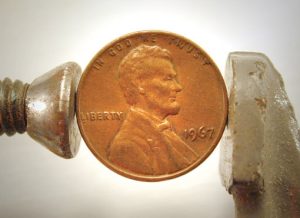The Buckingham Research Group (BRG) has said that Bermudian reinsurers could mitigate payments under the Base Erosion and Anti-Abuse Tax (BEAT), which is part of the newly approved tax bill, by establishing a new subsidiary.
 BRG recently held a conference call during which it discussed the potential impacts of the newly approved tax bill on the insurance and reinsurance sector.
BRG recently held a conference call during which it discussed the potential impacts of the newly approved tax bill on the insurance and reinsurance sector.
Essentially, BEAT is an alternative minimum tax and, to begin with a 10% tax will be imposed on Modified Taxable Income (MTI). From 2018 the rate will be 5% moving to 10% from 2019, and then increasing to 12.5% in the years starting 2025.
“MTI will be calculated by adding back certain deductible amounts attributable to payments related to foreign affiliates and NOLs attributed to those amounts.
“This impacts how reinsurance companies use intercompany transfers to cede business to their overseas affiliates and currently pay 1% federal excise tax(FET) on gross transfers. Going forward the BEAT makes them likely paying up to 12.5% tax over time on gross transfers,” says BRG.
However, BRG does state that Bermudian reinsurance firms could mitigate the impacts and changes driven by BEAT, with one tool being the use of a 953(d) election.
BRG, explains; “Simplistically, a new subsidiarity would be created offshore such as in Bermuda which would reinsure US only business. This subsidiary would elect for a Section 953 (d) which enables it to be treated as a domestic corporation for US tax purposes. Premiums paid to this subsidiary from US Co will no longer be subject to FET or BEAT.”
According to BRG, this electing company will now file a U.S. tax return based on the profitability of this business, the overall tax payments on profits could actually be lower than the FET combined with BEAT payment.
Other tools available to reinsurers in light of BEAT could include reallocating capital between entities in a different manner, or having excess of loss arrangements against the current quota share arrangement, says the BRG.


